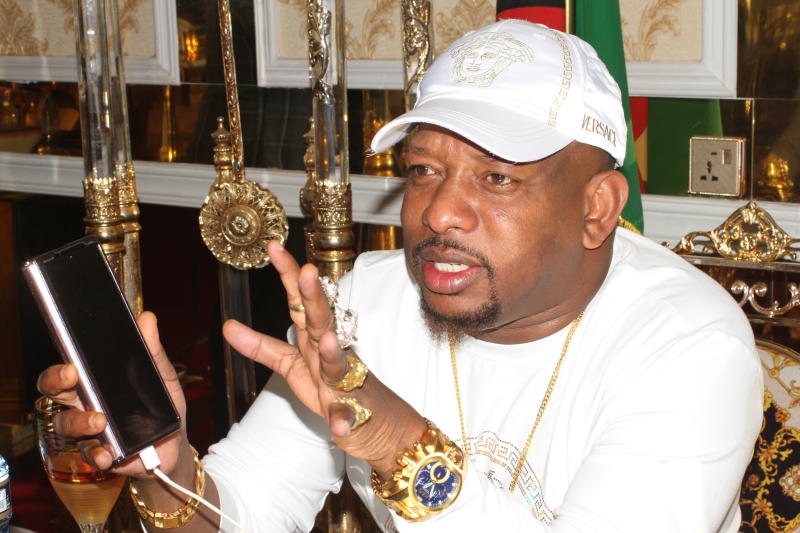×
The Standard e-Paper
Join Thousands Daily

On the morning of November 16, Mike Mbuvi Sonko released a video that he said pointed towards a corrupt and rotten Judiciary that hawked justice to the highest bidder.
These allegations have now formed what has become known as #SonkoLeaks as the former Nairobi governor uses social media to mount his latest campaign.